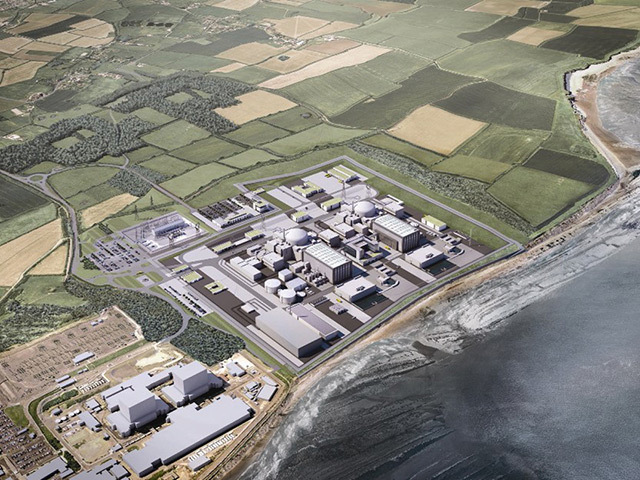
Theresa May has defended the delay on whether to give the go-ahead to Hinkley Point despite the diplomatic difficulties it will cause during her visit to China.
The Prime Minister said the delay was down to “the way I operate” because she wanted a fresh look at the evidence for the £18 billion plant.
The review comes amid concerns about the high cost of energy from the proposed nuclear power plant in Somerset and the security implications of Chinese involvement in a piece of critical national infrastructure.
Asked whether the National Security Council would be examining the project, in which the state-owned China General Nuclear would take a one-third stake, Mrs May said: “I’m going to be looking at all the evidence around this issue. The way I look at this, I don’t just take an instant decision.
“I actually look at the evidence, take the advice, consider it properly and then come to a decision.
“I have been very clear that I will be doing that and taking a decision some time this month.”
Mrs May will meet Chinese president Xi Jinping after the G20 summit in Hangzhou concludes on Monday.
Asked if she would specifically raise security concerns about the project she said: “I am going to be talking to President Xi about a whole range of issues.”
It is understood the National Security Council has not examined Chinese investment since Mrs May replaced David Cameron in Number 10.
Both Mr Cameron and his chancellor George Osborne were enthusiastic supporters of a new “golden era” in relations with Beijing.
Mrs May insisted she wanted that strategic partnership to continue. Asked if she trusted the Chinese she said: “Of course we have a relationship with them, we are working with them and we have seen significant Chinese investment into the UK.
“What I want to do is build on that relationship, but I also want, here at the G20, to be able to build on relationships with other countries.”
In a sign of the security concerns surrounding the G20, Mrs May’s aides have been warned to avoid “honey trap” encounters with Chinese spies while at the summit, the Sunday Telegraph reported.
Officials have been issued with temporary mobile phones and internet addresses to try to evade Chinese hackers, and told to get changed under bedclothes if they did not want to risk being filmed naked in their hotel rooms, according to the report.